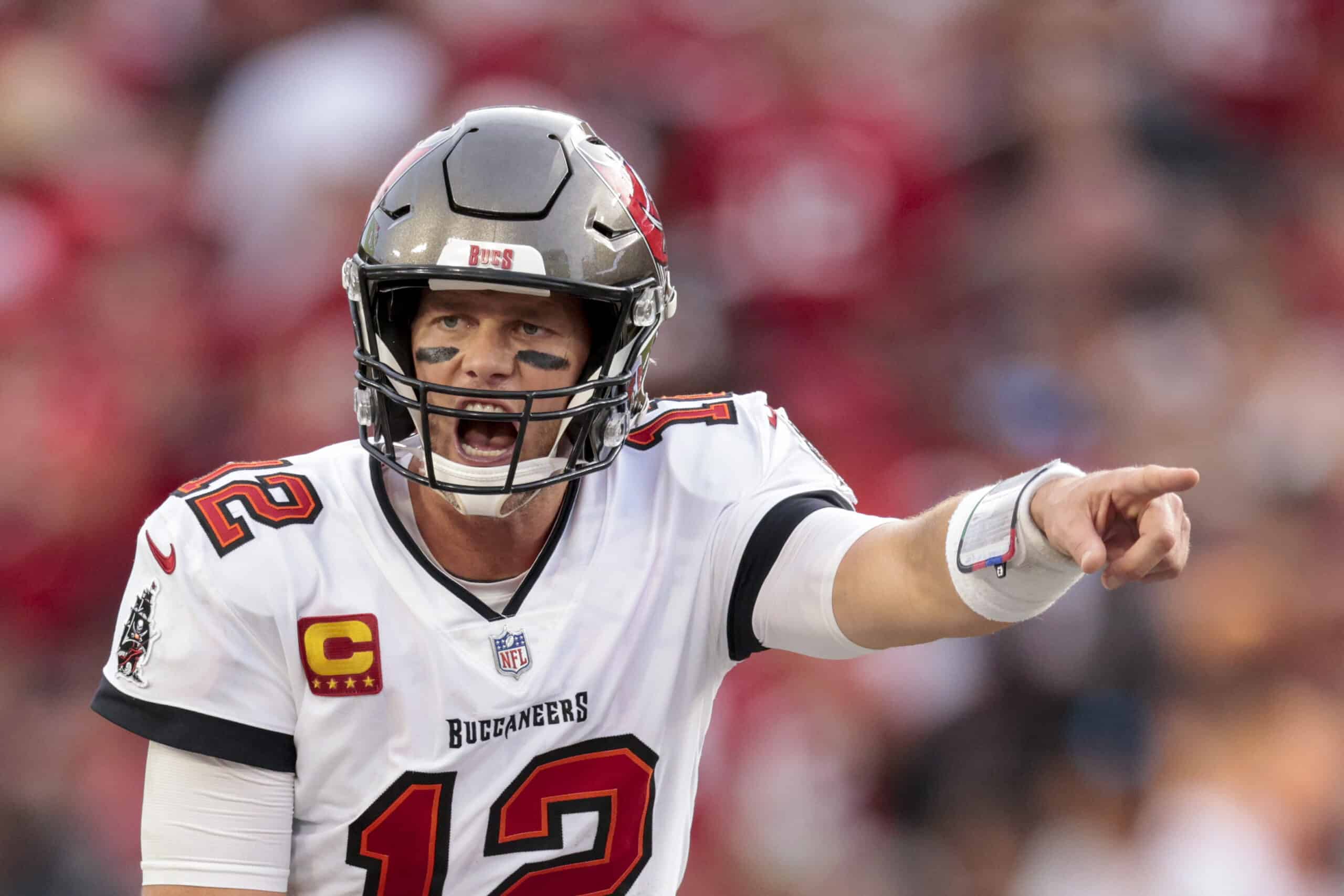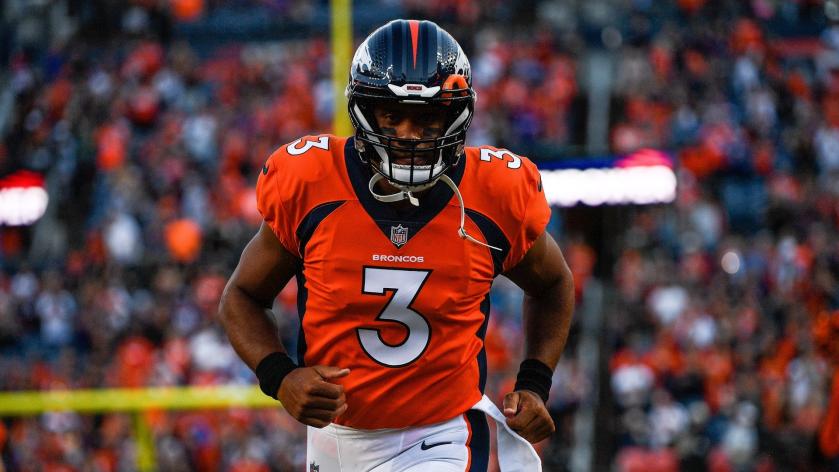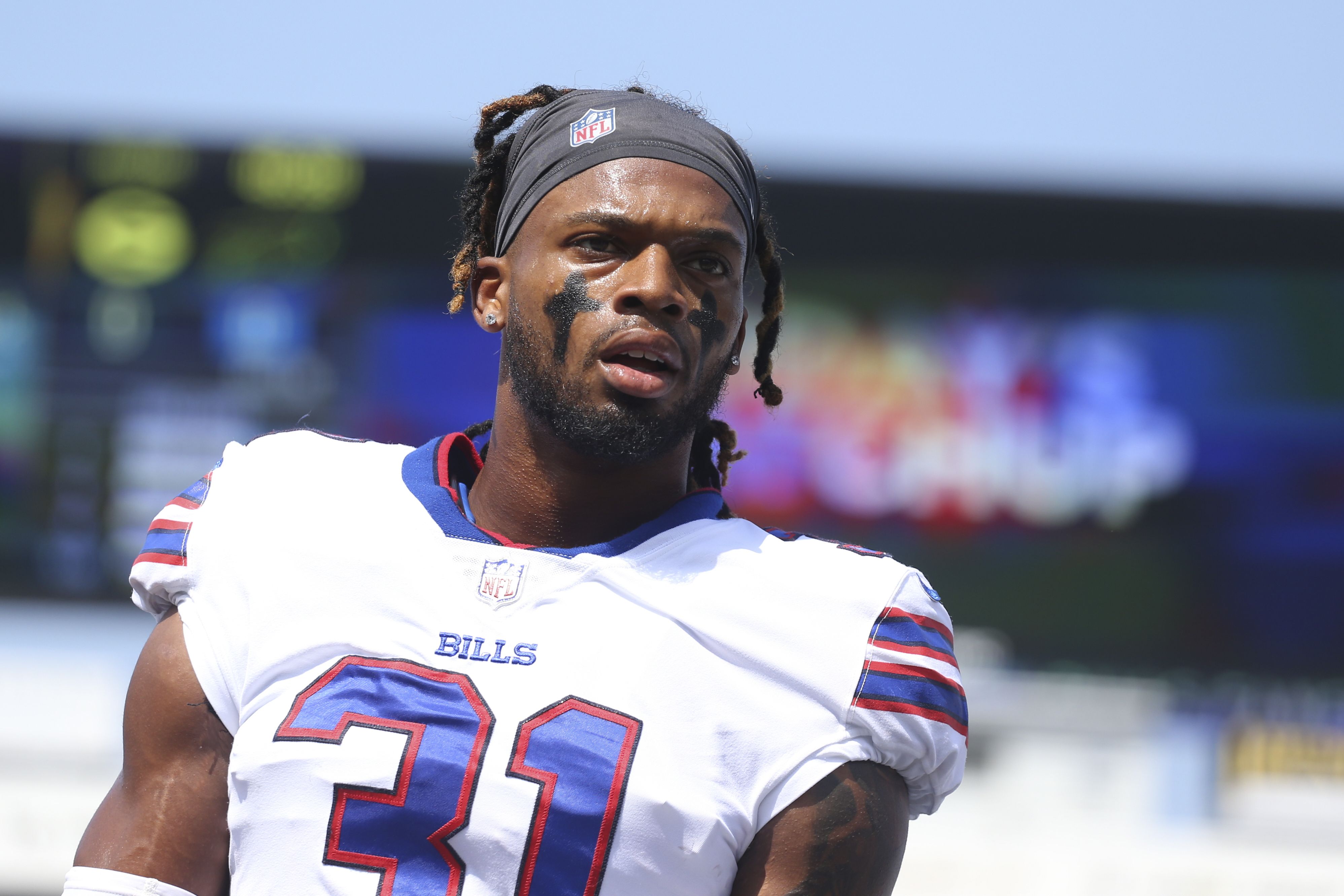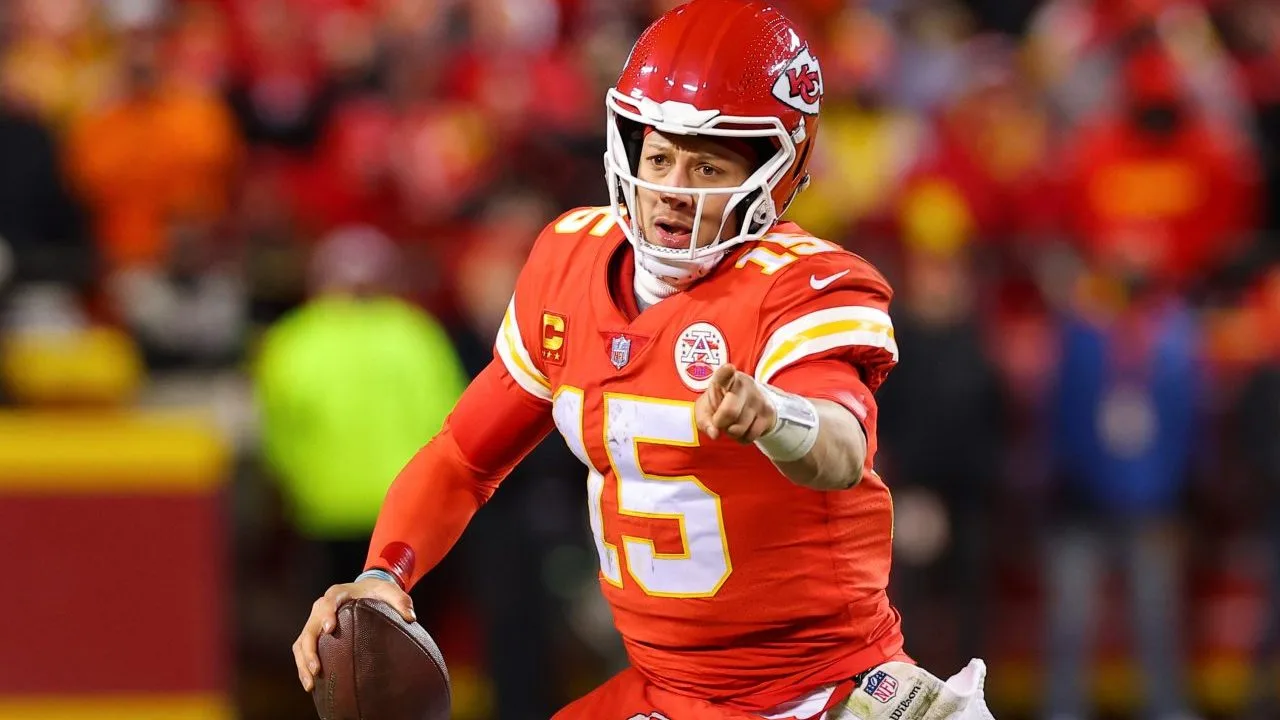The Business Of The NFL - Revenue, Salary Caps, And The Economics Of America's Game
The National Football League (NFL) is not only America's most popular sport but also a multi-billion-dollar business that drives local economies, captivates fans, and attracts sponsors from around the world. This article explores the intricate web of revenue streams, salary caps, and the economic impact of the business of the NFL on cities, and local communities.
Author:James PierceReviewer:Camilo WoodFeb 02, 20237 Shares789 Views

The National Football League (NFL) is not only America's most popular sport but also a multi-billion-dollar business that drives local economies, captivates fans, and attracts sponsors from around the world. This article explores the intricate web of revenue streams, salary caps, and the economic impact of the business of the NFLon cities, and local communities.
The Business Of The NFL In Streams
The NFL generates its massive revenue through various channels, including:
Television Broadcasting
Television contracts form the backbone of the NFL's revenue. Major networks like CBS, NBC, FOX, and ESPN pay billions of dollars to broadcast games, including regular-season matchups, playoff games, and the coveted Super Bowl. These lucrative deals provide a substantial portion of the league's income.
Ticket Sales And Stadium Revenues
Game-day ticket sales, concessions, merchandise, and parking contribute significantly to the NFL's revenue. The league's teams operate state-of-the-art stadiums that provide memorable experiences for fans, while luxury suites and corporate partnerships generate substantial income.
Sponsorships And Advertising
The NFL partners with numerous corporations to secure sponsorships and advertising deals. Brands invest heavily in marketing campaigns, product endorsements, and stadium naming rights to tap into the massive fan base and reach a broad audience during games and related events.
Licensing And Merchandising
The sale of licensed merchandise, including jerseys, apparel, collectibles, and video games, adds to the NFL's revenue stream. Fans proudly display their team loyalty by purchasing official merchandise, contributing to the league's financial success.
Digital Media And Streaming
The NFL has embraced digital platforms, launching its streaming service, NFL Game Pass, which allows fans to watch live games and access exclusive content. Online advertising and partnerships with streaming platforms also contribute to the league's revenue.
The Salary Cap System
To maintain competitive balance among teams and prevent excessive spending, the NFL has implemented a salary cap system. Here's an overview of how it works:
Cap Calculation
The salary cap represents the total amount of money that each team can spend on player salaries in a given season. The cap is calculated based on a percentage of the league's projected revenue, with the exact formula subject to negotiation between the league and the players' union.
Player Contracts And Cap Management
Teams must navigate the complexities of player contracts and cap management to build a competitive roster within the salary cap constraints. This involves strategic decisions on player signings, contract restructuring, and negotiations to optimize spending while adhering to league regulations.
Consequences Of Cap Violations
Teams that exceed the salary cap face penalties, including fines, loss of draft picks, and potential restrictions on player acquisitions. These measures aim to ensure fair play and equal opportunities for all teams.
Economic Impact On Cities And Local Businesses
The presence of an NFL team can have a substantial economic impact on the host city and surrounding communities. Here are some key aspects to consider:
Job Creation
The NFL creates jobs in various sectors, including stadium operations, hospitality, retail, and media. The construction of stadiums or renovations also generates employment opportunities during the development phase.
Increased Tourism And Revenue
Home games attract visitors from out of town, contributing to increased tourism and revenue for local businesses, such as hotels, restaurants, bars, and retail establishments. The influx of fans during game weekends provides a significant boost to the local economy.
Urban Development And Infrastructure
Building or renovating stadiums often spurs urban development, leading to improvements in infrastructure, transportation, and surrounding areas. This revitalization can have long-term benefits for the host city, attracting additional investments and tourism even beyond game days.
Civic Pride And Community Engagement
Having an NFL team fosters civic pride and strengthens the sense of community. Fans rally around their team, attending games, organizing tailgate parties, and participating in fan events. This collective spirit not only boosts local morale but also encourages community engagement and unity.
Local Business Partnerships
The NFL teams often collaborate with local businesses to enhance the game-day experience. This includes partnerships with food vendors, beverage suppliers, and merchandise retailers, providing additional revenue opportunities for local enterprises.
Non-Game Day Events
NFL teams host various non-game day events throughout the year, such as training camps, fan festivals, and charity events. These gatherings bring people together and stimulate economic activity, benefiting local businesses and organizations.
Media Coverage And Exposure
The NFL's extensive media coverage amplifies the exposure of the host city and its businesses. National and international broadcasts of games, documentaries, and highlight shows showcase the city's landmarks, attractions, and culture, enticing viewers to visit and explore.
Challenges And Considerations
While the NFL's economic impact is generally positive, there are challenges and considerations to address:
Public Funding For Stadiums
Constructing or renovating stadiums often involves public funding. The use of taxpayer money for such projects can be a subject of debate, requiring careful consideration of the potential return on investment and the allocation of public resources.
Displacement And Gentrification
Urban revitalization triggered by the presence of an NFL team can sometimes lead to the displacement of local residents or gentrification of neighborhoods. Balancing the economic benefits with the social impact on existing communities is crucial to maintaining a sustainable and inclusive environment.
Economic Disparities
While the NFL generates significant revenue, not all communities benefit equally. Some areas may struggle to capitalize on the economic opportunities associated with hosting a team, leading to economic disparities. Efforts should be made to ensure the benefits reach all segments of the population.
Looking Ahead - Future Growth And Challenges
As the NFL continues to evolve, several factors will shape its future growth and pose new challenges:
International Expansion
The NFL has made efforts to expand its global reach by staging games in international markets, such as London and Mexico City. Exploring new fan bases and markets presents opportunities for revenue growth, but it also requires navigating cultural differences, logistical considerations, and competition from other sports.
Digital Transformation
Advancements in technology and digital platforms will further shape the NFL's business landscape. Embracing streaming services, virtual reality experiences, and interactive fan engagementwill be essential to cater to the changing preferences of tech-savvy audiences and maximize revenue potential.
Player Compensation And Collective Bargaining Agreements
Negotiating fair and sustainable collective bargaining agreements with the players' union will remain a critical aspect of the NFL's business. Balancing the players' financial interests with the financial health of the league and maintaining competitive balance is an ongoing challenge.
Fan Experience And Stadium Innovations
Continually enhancing the fan experience is vital for the NFL's success. Stadiums of the future will likely incorporate cutting-edge technologies, personalized services, and immersive experiences to keep fans engaged and justify the cost of attending games in person.
Health And Safety Concerns
Player health and safety will continue to be a priority for the NFL. As research on concussions and long-term health effects evolves, the league must stay proactive in implementing player safety protocols, rule changes, and advancements in equipment to protect the well-being of its athletes.
Socio-Political Dynamics
The NFL's role in societal issues and political activism will persist. Balancing the league's desire to address social justice causes with the potential impact on audience demographics and sponsor relationships requires careful navigation and strategic decision-making.
In conclusion, the business of the NFL extends far beyond the gridiron. Understanding the league's revenue streams, salary cap system, and economic impact on cities and local businesses provides insight into the complex dynamics of America's most popular sport. As the NFL adapts to new technologies, explores global markets, and addresses societal challenges, it remains a fascinating intersection of sports, entertainment, and commerce.
People Also Ask
What Kind Of Business Is A NFL Team?
An NFL team operates as a professional sports franchise within the sports entertainment industry.
How Does The NFL Make Profit?
The NFL makes a profit through various revenue streams, including television broadcasting rights, ticket sales, sponsorships, licensing, and merchandise sales. Also betting industryin Las Vegas makes profits for NFL with licenses.
What Company Owns The NFL?
The NFL is owned collectively by the 32 team owners, who are independent business entities. The league itself is governed by the NFL Commissioner and operates as a nonprofit organization.
Conclusion
The NFL is not just a sports league; it is a robust business ecosystem with diverse revenue streams, salary cap management, and a significant impact on local economies. Understanding the intricate dynamics of the NFL's business operations helps us appreciate the economic forces at play and the profound influence the league has on communities, businesses, and the overall American sports landscape.

James Pierce
Author

Camilo Wood
Reviewer
Latest Articles
Popular Articles


